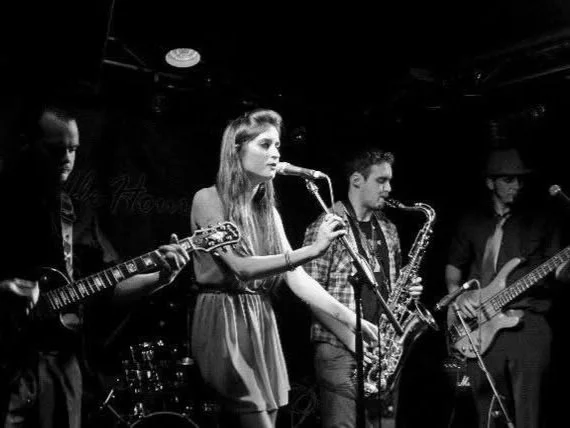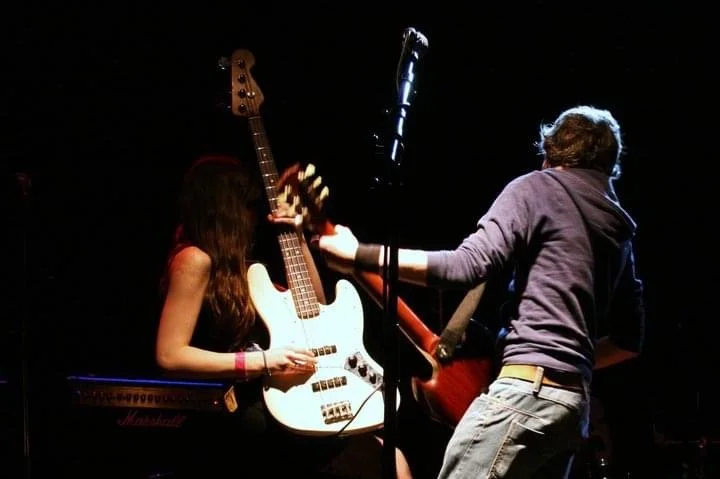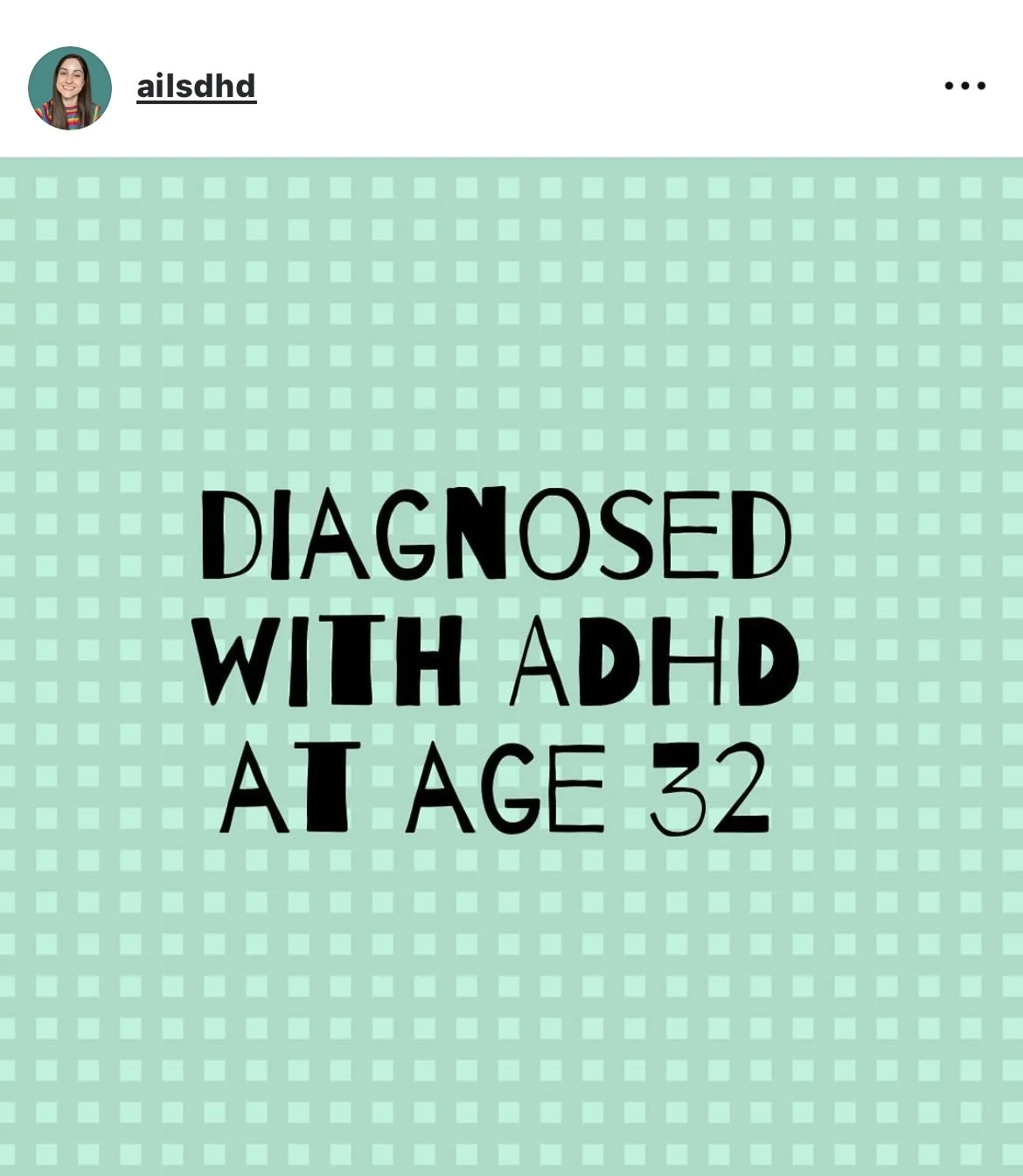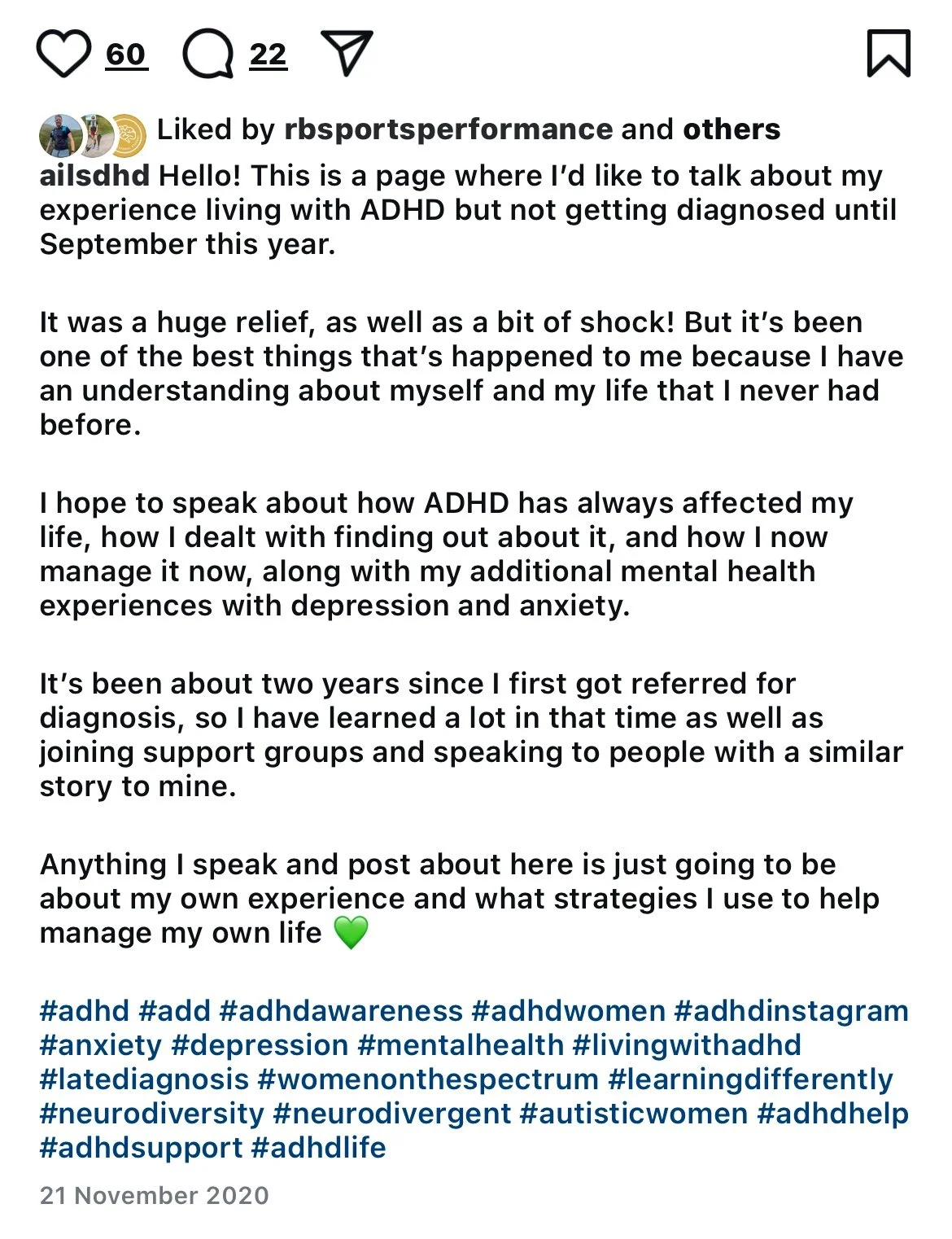The ADHD & Neurodiversity Revolution
Tools to help reading blogs - bionic reading - BR for You.
Text-to-speech - https://elevenlabs.io/text-to-speech
Ruler chrome extension - https://chromewebstore.google.com/detail/reader-line/fikijclmnnepcpijbljojpdaepikaicm
Over the past few years, we have seen an increase in the diagnosis and identification of ADHD, and neurodiversity. The number of people who have found themselves, and each other, by identifying with a series of traits is astounding.
Many of us will identify with having been referred to as the misfits, the quirky, the weirdos, the non-conformists, the flaky, the eccentric, the colourful, the brave, the creative, and the courageous!
Labels that we can own now. We may have always felt different, but often in the past, this difference hasn’t been easy.
At the beginning of the pandemic, something strange happened. So many of us were furloughed, working from home, taking classes from home, or not working… I know for me, a feeling that I’d never experienced before hit me. For the first time in my life, I didn’t feel the pressure of having to show up as a 32-year-old ex-musician with a science degree who couldn’t get a science job at home and form a career at last! (I want to preface by acknowledging my privilege here in being furloughed and the safety of being at home, this is just an account of what happened to me, and what I’ve noticed about the ADHD and neurodiversity movement around and since this time. Believe me, as the pandemic went on, like most of us, I found it really difficult.)
Singing with one of my bands in my musician years
Playing bass in another of my bands, really rocking out here it seems!
But going back to the first few weeks of the 2020 pandemic, I was furloughed at home. I had the opportunity to set my schedule the way I wanted it, and I THRIVED! Besides the intense existential fear and anxiety of loved ones getting ill and the stress of the awful online discourse about the pandemic, I didn’t feel like I was a failure for the first time in my life because of my worth as an employee, not utilising my science degree - which I found so hard to obtain - because I didn’t know that I had ADHD and dyscalculia when I was in university. I just thought I was stupid, lazy, and not capable.
It gave me more time to explore who I was, which was getting to know my wonderful ADHD and neurodivergent self! I had known about my possible neurodiversity for about 2 years already, but now I wasn’t under the huge pressure of working full-time in something unrelated to my degree, hating it, and trying to decide my place in the world in my early 30s.
Full-time work, working in general, has always been something I’ve struggled with, and I used to think it was because I was lazy, stupid, and not tough enough, but of course, now I understand the fatigue, anxiety, executive dysfunction and masking that made it significantly harder. So to feel like I was given a breather felt... honestly? Freeing.
On Instagram, I had already started to follow ADHD and neurodivergent creators and marvelled at their authenticity. In Facebook groups, I felt at home when the stories people shared resonated with things I had felt such shame over and put down to personality flaws. (I wish Facebook was still like that!)
To identify with other people I didn’t even know and be in the presence of a collective group to explain and affirm was life-changing. The revolution of neurodivergent people escaping the trappings of feeling inferior and coming together to celebrate, support each other, and understand the struggle in solidarity.
I felt inspired after my official diagnosis that year, and during the second lockdown, to start an Instagram page to share about ADHD and learn alongside others, and I could never have prepared for the influx of people sharing their own stories with me. People I had known from school, college, and other parts of my life whom I hadn’t spoken to in years messaged me and shared with me.
My first post on my ADHD Instagram page! I was terrified, but it felt right!
Now I have to, of course, mention that having this wonderful brain is still a struggle, and through my work as an ADHD coach, every one of my clients is neurodivergent, and I hear the realities of living in this world with this difference in operating system. Work, relationships, mental health issues and YEARS of ingrained patterns that are hard to break. But there is something universal amongst all of my amazing clients. Even though they show up with very different personalities, backgrounds, and cultures, they ALL just want to be seen for who they are. To unmask and be authentic so they can express themselves and feel safe. And every single one of them has something exceptional about them that separates them as individuals. The diversity in neurodiversity is fantastically true.
I hear stories from adults who have recently discovered their neurodiversity; that palpable mix of excitement, novelty, regret, and that profound grief and sadness for ‘what could have been.” The revolution of our community growing, speaking and sharing about our unique brains, and finding each other has helped so many people discover themselves, helped family members understand their loved ones more and normalised being more open about their struggles as much as possible.
Something funny has happened too through my work and sharing about ADHD online. I have been so proud to share my own journey and help others like me. But the more “popular” ADHD and neurodiversity have become, the more negative attention it's gotten. And of course, this pushback is to be expected as a normal pattern in media and society. But if we think of the naturally sensitive disposition of us lovely neurodivergent folk, combined with justice sensitivity, a strong sense of fairness, and rejection sensitivity, then it can be a tricky one to navigate.
Reading articles stating that ADHD is “overdiagnosed” and an “excuse for bad behaviour” somehow triggers an all too familiar invalidation.
Becoming an ADHD coach and having a career that I love makes me SO proud, and I love nothing more than being asked about it by my curious elderly neighbours, family members who are very cautious about relating to it, and old friends I haven’t spoken to in 10 years who are also wondering if they’re in the same category, feeling comfortable enough to share their stories with me.
But it’s also overwhelming, the increase in people finding out about their neurodiversity and seeking diagnoses and services which just aren’t there. Here in Ireland, it seems as though a compulsory part of the process is having to advocate heavily for yourself, asking to be taken seriously by an archaic medical model which only seems to see the worst in you, and doubts you if you don’t “look autistic” or “how could you have been a professional musician if you have ADHD?!” With the latter phrase actually being said to me by the doc who diagnosed me… I’m still annoyed about that one!
With ADHD, there is no defined framework and that can be hard to navigate. There IS no “one size fits all,” and that’s an issue with diagnosis too. I always say that my job as an ADHD coach is ironic because I have ADHD myself! Most people come to me for help with their executive dysfunction, they want to clear their cluttered rooms and build routines, and yes, that’s all well and good, but 99.9% of the time, we uncover the shame, the deep-rooted internalised ableism, of “I should be able to work without getting burned out, be on time, get things done just like the people around me.” Trying to be less ADHD and less neurodivergent! But that’s not the answer! There is no magic button, no magic wand, and there is NO perfect routine for ADHDers!
I am also not here to make anyone neurotypical, how indirect, vague and boring would that be!
I’m truly humbled by my clients who I love meeting with week after week, often people who have a PhD and can detail the most complex of subjects but then may struggle to make a phone call. These are real things that we as neurodivergents face. The “seemingly simplest tasks” are what catches us and can make us feel like a failure.
And if you join in this world by heavily masking your neurodiversity, you have to suppress who you are, and every time we do that it chips away little by little…
So, my job in coaching is aimed at understanding yourself more, developing deeply the knowledge that there is nothing “wrong” with you, you are uniquely wired and you’ve spent your entire life feeling inferior, in a world not designed for you, and maybe THAT’S the problem!
By discovering our neurodiversity, we have a chance to step out of the societal stigma, understand our neurobiology and truly own it. We can find meaning and purpose. We can forgive ourselves and learn new ways to work with our unique brain wiring instead of against it.
Through understanding, sharing with others, and working with your brain, it can become easier. A feature of community is to see yourself represented, reflected in your peers, holding up a mirror so you can see that being neurodivergent is wonderful. Think of who you admire. This movement of neurodivergent folk is incredible, and I am so proud to be a part of that!




